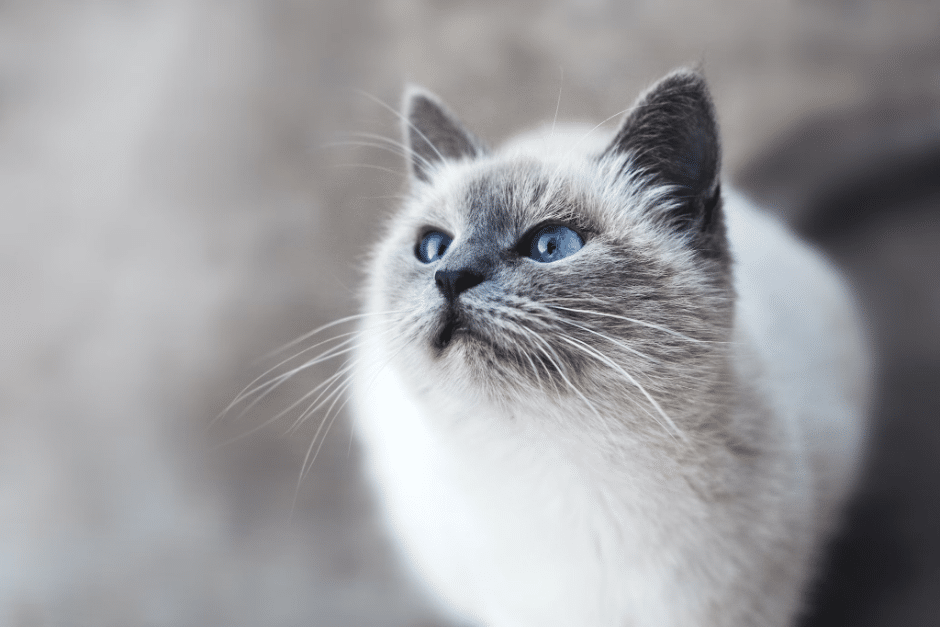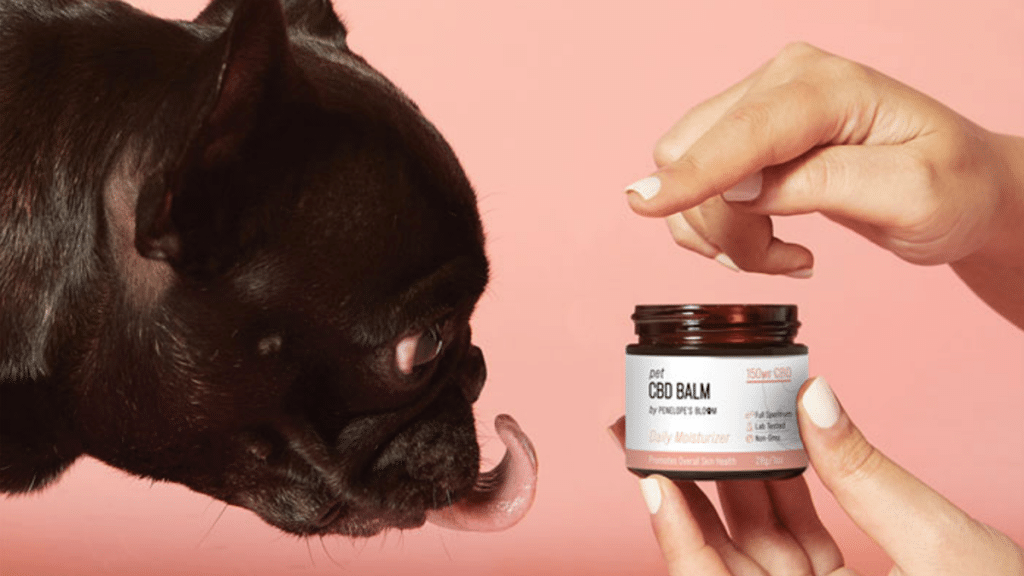CBD (cannabidiol) has gained attention as a potential wellness supplement for cats, just as it has for humans. If you’re considering using CBD for your feline friend, it’s essential to understand the potential benefits, side effects, proper dosage, and other essential information. In this comprehensive guide, we’ll delve into the world of CBD for cats to help you make informed decisions regarding your pet’s health and well-being.
Understanding CBD for Cats
What is CBD?
CBD, or cannabidiol, is a natural compound found in hemp plants. Unlike THC (tetrahydrocannabinol), CBD is non-psychoactive, meaning it doesn’t produce a “high” in pets or humans. It interacts with the endocannabinoid system in the body, which plays a role in maintaining balance and regulating various physiological processes.
How Does CBD Work for Cats?

CBD interacts with receptors in the endocannabinoid system, which are found throughout a cat’s body, including the brain, immune system, and digestive system. This interaction can influence a variety of functions, potentially providing therapeutic benefits.
Benefits of CBD for Cats
1. Pain Management
● Chronic Pain Relief:
One of the primary benefits of CBD for cats is its potential to alleviate chronic pain. Whether your cat is suffering from arthritis, joint issues, or any ongoing discomfort, CBD may offer relief. It interacts with receptors in the endocannabinoid system, which can help modulate pain signals and reduce inflammation.
● Enhanced Mobility:
Older cats, in particular, may experience decreased mobility due to age-related conditions like arthritis. CBD’s anti-inflammatory properties can help reduce joint inflammation, making it easier for your cat to move comfortably.
2. Anxiety and Stress Reduction
● Calm and Relaxation:
Cats can be prone to anxiety and stress, whether it’s related to separation, changes in their environment, or loud noises. CBD can have a calming effect on the nervous system, helping your cat feel more relaxed and less anxious.
Behavioral Improvements: Reduced anxiety often translates to better behavior in cats. They may be less likely to engage in destructive behavior or exhibit aggressive tendencies when they feel more at ease.
3. Anti-Inflammatory Properties
● Inflammatory Disorders:
Inflammation is at the root of many health issues in cats, including conditions like inflammatory bowel disease (IBD). CBD’s anti-inflammatory properties can help manage these conditions by reducing inflammation in the digestive tract and promoting overall gut health.
● Less Pain and Discomfort:
Inflammation often leads to pain and discomfort. By addressing inflammation, CBD can indirectly provide relief from associated symptoms, such as vomiting, diarrhea, or abdominal pain.
4. Improved Appetite and Nausea Reduction
● Stimulated Appetite:
Cats may experience a reduced appetite due to various factors, including illness or the side effects of medications. CBD can stimulate their appetite, encouraging them to eat more and maintain a healthy weight.
● Nausea Control:
In addition to enhancing appetite, CBD may have anti-nausea effects, helping cats feel less queasy and reducing instances of vomiting.
5. Seizure Management
● Epilepsy and Seizures:
Some cats suffer from epilepsy and recurrent seizures. Studies have suggested that CBD may have anticonvulsant properties, potentially reducing the frequency and severity of seizures in affected cats. However, it’s essential to work closely with a veterinarian when considering CBD for seizure management.
Side Effects of CBD for Cats
While CBD is generally considered safe for cats, some side effects may occur, including:
- Lethargy: Cats may become drowsy or sleepy, especially with higher doses.
- Diarrhea: Gastrointestinal upset can occur in some cats.
- Changes in Appetite: While it can stimulate appetite, some cats may experience reduced appetite initially.
Dosage Guidelines
Determining the appropriate CBD dosage for your cat is crucial. Factors to consider include your cat’s weight, the CBD product’s concentration, and the intended use. It’s always best to start with a low dose and gradually increase it while monitoring your cat’s response.
Consulting with your veterinarian is highly recommended to ensure the right dosage and to rule out any potential interactions with other medications your cat may be taking.
Choosing the Right CBD Product
When selecting a CBD product for your cat, consider the following:
- CBD Source: Ensure it’s derived from hemp plants with minimal THC content (0.3% or less) to avoid psychoactive effects.
- Third-Party Testing: Choose products that undergo third-party testing for purity and potency.
- Formulation: Look for products specifically designed for cats, such as CBD oil tinctures or treats.
Conclusion
CBD for cats holds promise as a natural wellness supplement, offering potential benefits for pain management, anxiety reduction, inflammation control, appetite improvement, and seizure management. However, responsible use is essential. Always consult with your veterinarian before introducing CBD to your cat’s routine, monitor for any side effects, and choose high-quality products from reputable sources to ensure the best possible outcome for your feline companion’s health and well-being.
